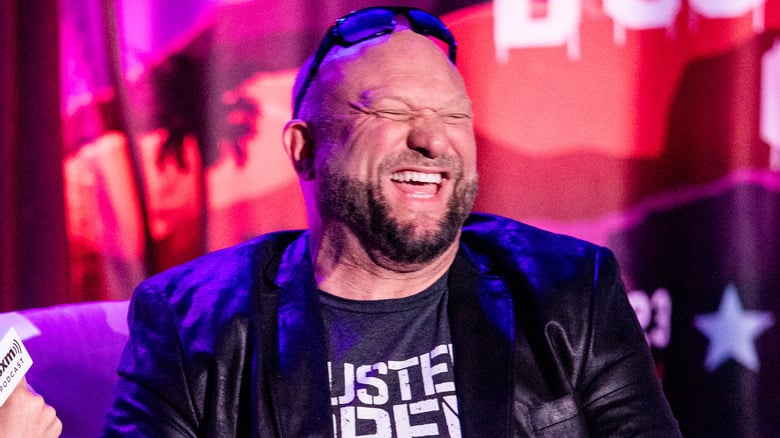
As we previously reported here on eWn, the Federal Trade Commission (FTC) approved a new rule banning non-compete agreements.
The FTC voted 3-2 in favor of the new rule that will prevent companies from making their employees sign non-compete clauses. The rule apparently protects independent contractors, such as the talents in WWE and AEW.
On a recent edition of the “Busted Open Radio” podcast, Bully Ray and Tommy Dreamer reacted to the recent ruling by the FTC.
You can check out some highlights from the podcast below:
On the FTC’s ruling: “If the FTC’s ruling is final, if this is it, it’s great because now if you stop working on a Monday, you can be gainfully employed within days in the wrestling business. Like a Cameron Grimes for instance, right? If he got let go just yesterday, and all of a sudden, TNA for instance, because he was Trevor Lee there, decided ‘Hey, let’s bring him back immediately. He can be at the next set of TV tapings, or he can be at the next PPV, and we don’t have to worry about this 90-day red tape.’ It’s pretty simple.”
On how WWE still pays wrestlers during the 90-day non-compete period: “You get paid for those 90 days. You also, as a talent, can forgo those 90 days of pay and go work somewhere else. That is an option. When I left WWE, I quit, they still offered me the pay, and I took it. And I quit…So if you wanted to technically…are you going to give up your weekly salary to try to go somewhere else? Or ‘Hey, I can literally sit home for 90 days and get paid.’”
The recently imposed ban is likely to be contested in court. The US Chamber of Commerce has expressed its intention to initiate legal action against the FTC over the ban, arguing that the agency has exceeded its jurisdiction in this matter.
FTC Approves New Rule Banning Non-Compete Agreements, Wrestlers React
In a recent development, the Federal Trade Commission (FTC) has voted in favor of a new rule that bans non-compete agreements. This decision has significant implications for various industries, including professional wrestling.
The FTC’s ruling, which passed by a narrow margin of 3-2, aims to protect independent contractors, such as the talents in WWE and AEW, from being bound by non-compete clauses. These agreements often restrict employees from joining rival companies or pursuing similar work within a specific timeframe after leaving their current employer.
The new rule has garnered mixed reactions from industry insiders. On the “Busted Open Radio” podcast, renowned wrestlers Bully Ray and Tommy Dreamer shared their thoughts on the FTC’s decision.
Bully Ray expressed his support for the ruling, emphasizing the newfound freedom it provides to wrestlers. He highlighted the potential benefits for talents like Cameron Grimes, who could now secure employment in the wrestling business immediately after parting ways with a company. Previously, the 90-day non-compete period often hindered wrestlers from finding new opportunities promptly.
Tommy Dreamer shed light on an interesting aspect of WWE’s policy during the non-compete period. He revealed that wrestlers still receive payment from WWE during these 90 days, offering them financial security. Additionally, talents have the option to forgo their pay and seek employment elsewhere. Dreamer himself chose to accept WWE’s payment when he left the company, even though he had already decided to quit. This flexibility allows wrestlers to weigh their options and make informed decisions about their next career move.
While the FTC’s ruling has been welcomed by many, it is expected to face legal challenges. The US Chamber of Commerce has expressed its intention to contest the ban in court, arguing that the FTC has overstepped its jurisdiction in this matter. It remains to be seen how these legal proceedings will unfold and whether the ban will withstand scrutiny.
The FTC’s decision to ban non-compete agreements marks a significant shift in the employment landscape, particularly for wrestlers in the WWE and AEW. The ruling aims to empower independent contractors and provide them with greater flexibility in pursuing their careers. As the legal battle looms, the wrestling industry and its talents eagerly await the outcome, which could reshape the way contracts are structured and enforced in the future.
